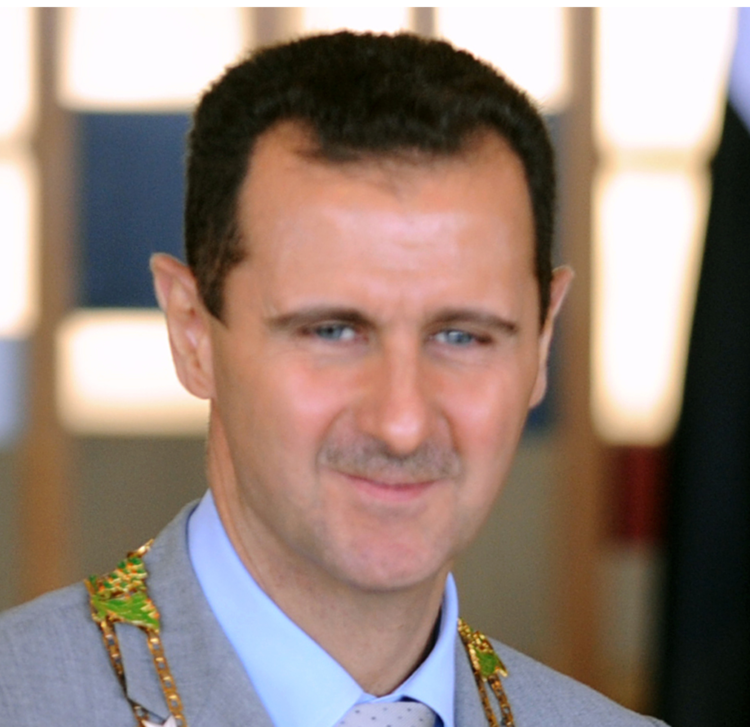By Juan Cole | (Informed Comment) | – –
Spanish foreign minister José Manuel García Margallo said Wednesday in the course of a television interview:
“At the end of the day, the thesis has begun to clarify that it is the lesser evil to make an agreement with Bashar al-Assad and to thereby achieve a cease-fire that will allow the delivery of aid to the displaced, the halting or controlling of the flow of refugees, putting in place a political transition, and, above all, attacking the common enemy, i.e. Daesh [ISIS, ISIL].”
Margallo has been pushing this line for the past few months, but the Paris attacks made his suggestion more plausible.
Then Marine Le Pen, the leader of the far right National Party in France, was asked on the radio about the barbarity of Bashar al-Assad. She dismissed the term as meaningless. “However controversial, the state headed by Bashar al-Assad is a state, and as such it protects from the barbarity of the Islamic State.”
In spring of 2011 when youth and labor protests broke out against Syrian dictator Bashar al-Assad, President Obama called on him to step down. The US and Western Europe generally sympathized with the Syrian rebels, organized as the Syrian National Council with a paramilitary arm, the Free Syrian Army. But then from 2012 forward the Free Syrian Army fell apart and many of its members joined hard line Sunni fundamentalist militias. Many of them allied with Syria’s al-Qaeda affiliate, the Support Front. Some of the fighters and some whole units joined the al-Qaeda offshoot, Daesh (ISIS, ISIL).
No country was more insistent that al-Assad must go than France. But now, as Daesh looms large as enemy number one, Europe is reconsidering al-Assad’s fate. In some ways they are treading the same path as Vladimir Putin, who clearly decided in late summer that al-Assad must not be allowed to fall, lest hard core al-Qaeda types sweep into Damascus and take over a Syria that is only a 24-hour drive through Turkey from Russian territory.
President of the European Commission Jean-Claude Juncker just said “It must not be imagined that there is a solution with al-Assad. But it must not be imagined that there is a solution without al-Assad.” (The European Commission is the executive arm of the European Union).
President Obama is still correctly demanding that al-Assad step down (he has loads of blood on his hands), but it may be that his view is losing support in Europe, and the Realpolitic view of Vladimir Putin is coming up in the world.



 © 2026 All Rights Reserved
© 2026 All Rights Reserved